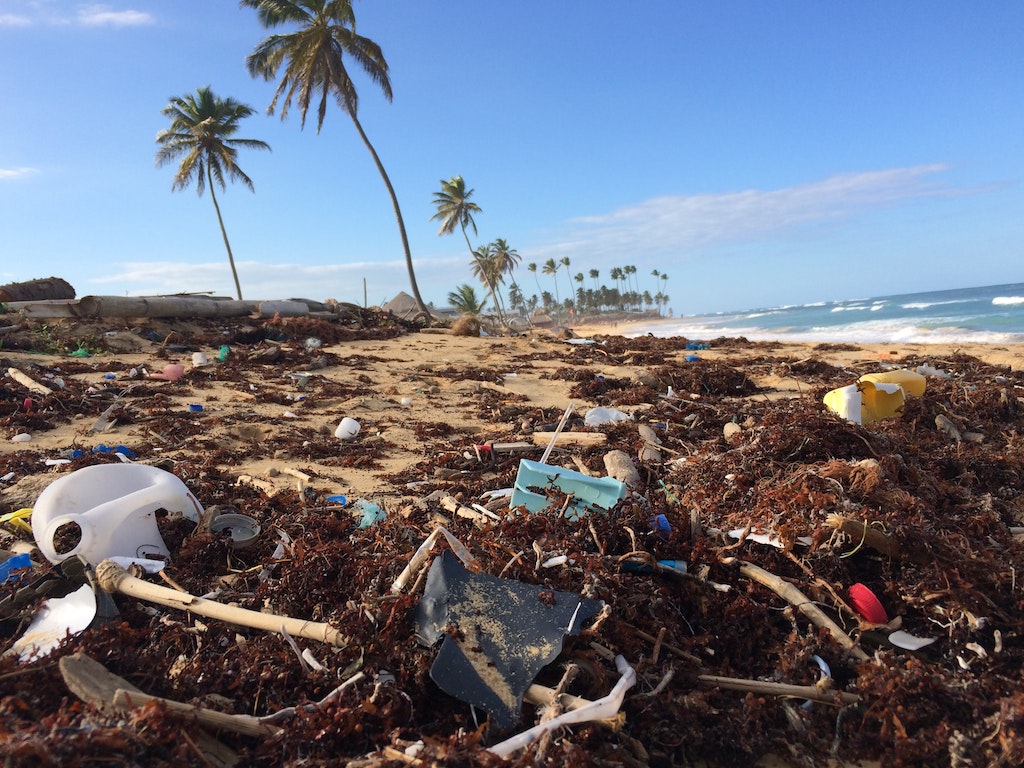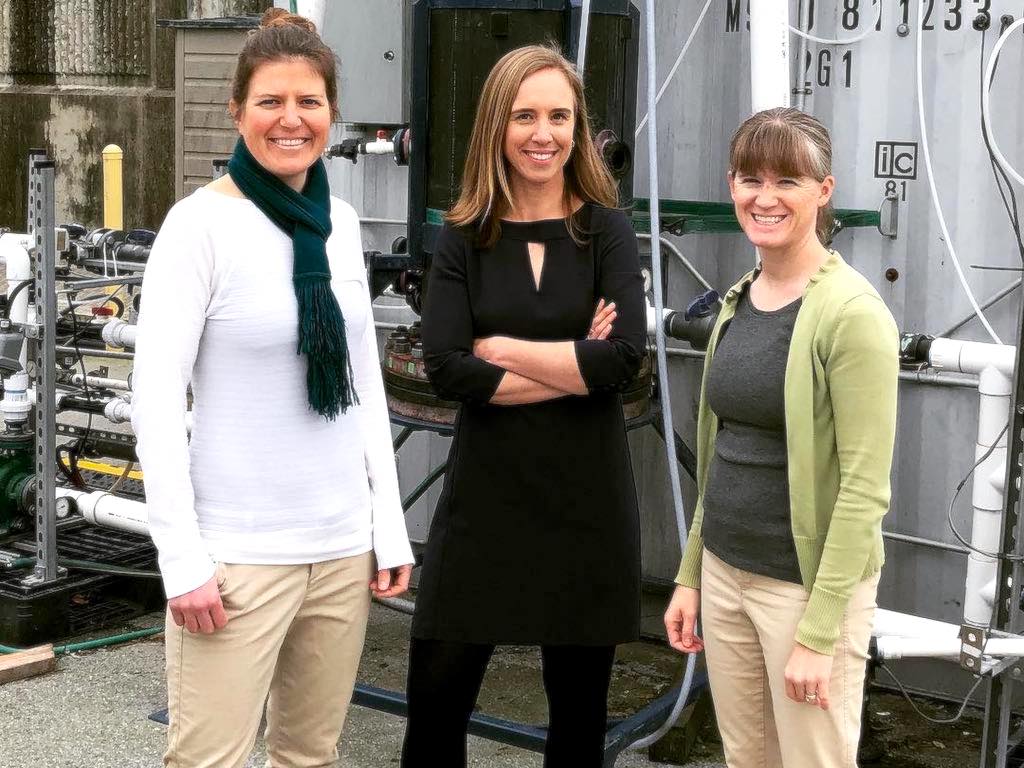3 Mins Read
Founded by three female scientists, this biotech believes that we can take a problem that environmentalists see as a problem into an opportunity, and potentially, even a solution. Based in California, Mango Materials has come up with a way to turn methane from biogas waste into a biodegradable biopolymer called PHA, which can then be used to replace the plastic in our packaging to the polyester in our clothing.
Biopolymer engineer Molly Morse, civil and environmental engineer Allison Pieja and environmental microbiologist Anne Schauer-Gimenez fully believe that the world must switch to biopolymers if we are to preserve nature. Describing their alternative polymer, PHA, as a “need to have” rather than just something “nice to have”, the three scientists have taken methane – the greenhouse gas that causes climate change – into a solution that could tackle another problem: waste.
PHA stands for poly-hydroxyalkanoate, a biopolymer that unlike traditional plastics, can degrade in the natural environment, including in oceans.
There are many types of PHA that the earth naturally makes, but Mango Materials produces theirs called YOPP PHA Pellets, which they say is optimised to be introduced in virtually any supply chain.

So we can use this waste methane, which is a potent greenhouse gas, to feed the bacteria to produce PHA. That’s what makes Mango Materials unique.
Molly Morse, Co-Founder & CEO, Mango Materials
What the Redwood City-headquartered startup does is control the conditions that PHA is naturally produced, such as tweaking with the carbon that bacteria are being fed, which can induce high-yields. And they source this carbon from methane producers to convert the abundance of methane our activities emit into PHA.
Their approach is unique because it solves two environmental issues at the same time: climate change and plastic pollution.
“We can use many forms of methane because methane is the key component in natural gas, but it’s also produced from waste processes like wastewater treatment plants, landfills, agricultural facilities, and abandoned coal mines,” Morse said in a recent interview with Geosphere Packaging.
“So we can use this waste methane, which is a potent greenhouse gas, to feed the bacteria to produce PHA. That’s what makes Mango Materials unique.”

Our PHA biopolymers are biodegradable and biobased. When no longer needed, the goods created from our PHA can fully biodegrade in any environment where biology is present.
Mango Materials
These YOPP PHA Pellets can then be used to replace plastics in injection moulding, for instance, to make moldable products like bottle caps and jars that are typically difficult to recycle, eco-friendly versions of petroleum-based and non-biodegradable products like plastic packaging, or be used to spin out polyester-free materials to make shoes, activewear and ropes, and even in 3D printing.
“Our PHA biopolymers are biodegradable and biobased. When no longer needed, the goods created from our PHA can fully biodegrade in any environment where biology is present,” explains Mango Materials on its website.
Right now, the company has yet to commercialise its technology, but they are well on the way to developing the perfect formulation ahead of scaling up into larger commercial production facilities in order to deliver a solution that can really compete with conventional plastics.
“We need to scale up the production of biodegradable and rapidly renewable materials – not just Mango Materials, but others as well – to be able to compete on price,” said Morse in the same interview. “That is the key challenge that the whole industry faces.”
Lead image courtesy of Mango Materials.




